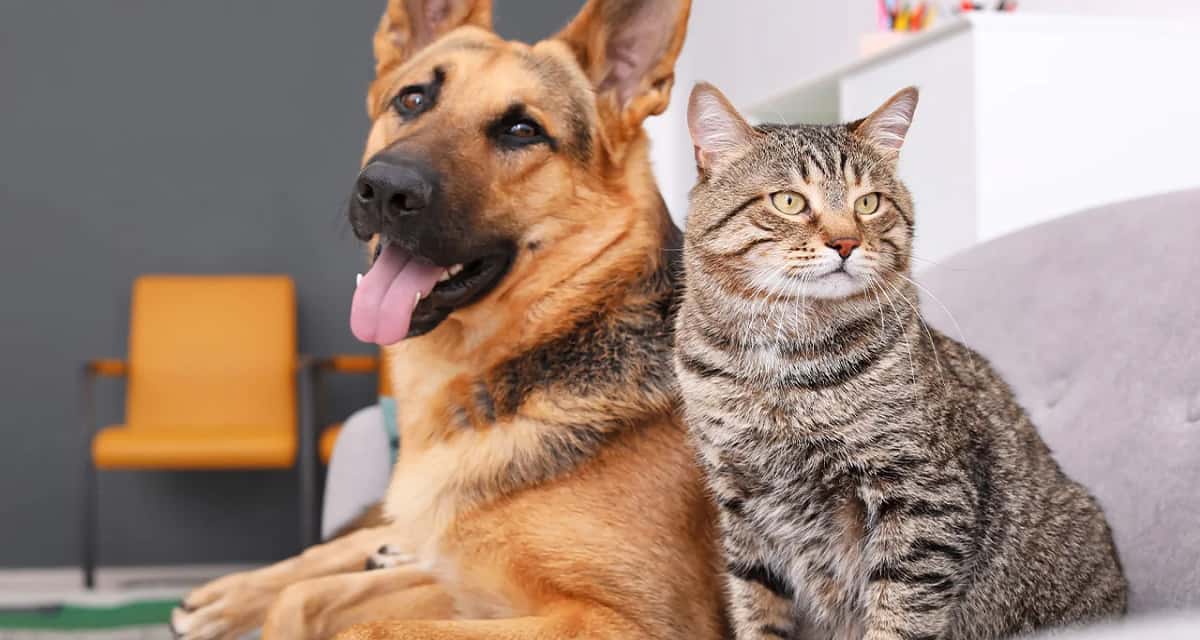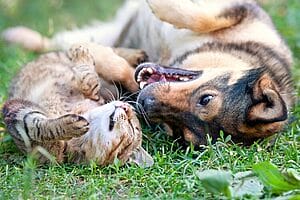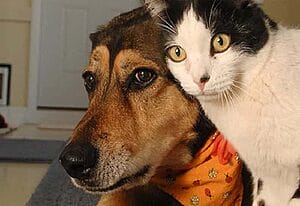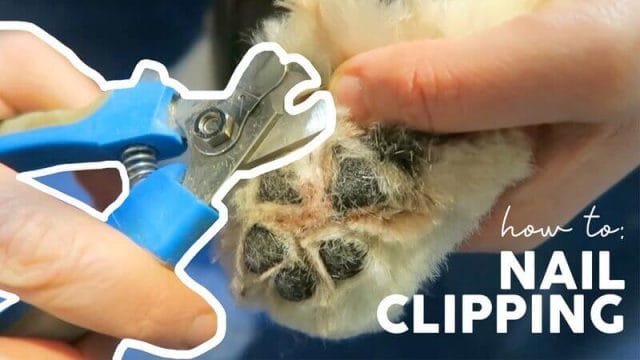Cats And Dogs Are Socialized

Cats And Dogs Are Socialized
A dog or cat must be socialized in order to enjoy interactions and feel at ease with other animals, people, locations, and activities. Ideally, socialization should start between the ages of 3 and 14 weeks for pups and 3 and 9 weeks for kittens, or during the “sensitive phase.”




Socialization literature review
The corpus of knowledge about how to successfully socialize puppies and kittens is expanding. You can view or download a PDF version of our analysis of this material. Below is a condensed synopsis of the key conclusions.
Literature review: Socialization of Puppies and Kittens.
Benefits of socialization with cats and dogs
Socializing pets, especially cats and dogs is essential to their emotional development in the future. Cats and dogs need experiences with others to get themselves confident, adaptable and accepting. So, this method may teach them to interact with other animals and people appropriately with less anxiety. However, this process may take time to achieve the goal in teaching pets.
On the other hand, socializing pets cause not only positive affect to them but also to the owners. In facts, cats and dogs well socialized bring us out and interacting more to people. You may not realize but in some how, they can bring you to the interaction of communities, activities, … The scholars, in this aspect, specially encourage owners to use their pets as a method to educate their children.
Children may have more opportunities to learn how to take care a pet, enjoy out – door activities and develop their emotions to pets. This is one of the most effective ways applied to build the relationship between children and animals, or in further, with the society. In contrast, cats and dogs can be loyal friends to the children and give a part in developing their personality and behavior in the future.
In conclusion, we can see that, socializing cats and dogs may bring a lot of benefits to both pets and owners.
Advice to new puppy and kitten owners
The experience of adopting a new kitten or puppy is delightful and thrilling. It’s also a period when a little more preparation can help a young pet grow into the confident, contented personality that will enable them to live life to the fullest. Below is a list of the fundamental socialization principles. The AVMA is creating resources to assist veterinarians and their customers in coming up with easy-to-follow schedules that are suited to the developmental requirements of puppies and kittens in the first few weeks and months of life.
- Inquire about a pre- and post-adoption socialization plan before adopting a puppy or kitten.
- To prepare your dog or cat for life in your home, make a socialization plan just for them. Prepare exposures to the people, animals, places, activities, and things that will be a part of the new person’s life.
- To help your dog or cat enjoy new experiences without becoming scared or aggressive, offer them frequent opportunities for good and varied experiences.
- Encourage participation by offering praise, games, and treats. If the dog or cat feels uncomfortable, let them leave.
- Move at a rate that fits the temperament of your pet.
- Classes for socializing puppies or kittens that are properly managed are an excellent approach to socialize your new pet at this delicate time.
- Unvaccinated animals or environments should not be exposed to puppies or kittens who have not had all of their vaccinations (such as outdoor parks).
- Throughout their lifetime, reward your dog or cat when they react calmly or playfully to social situations.
- Create a plan with your veterinarian and/or another animal behavior specialist for dogs or cats with specific behavioral requirements.
Creator: PetsCareTip









